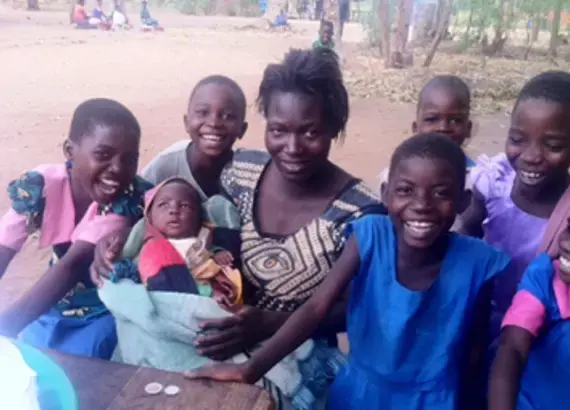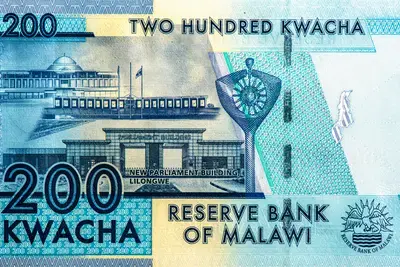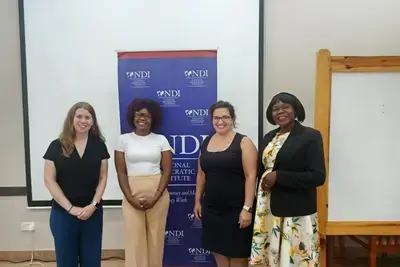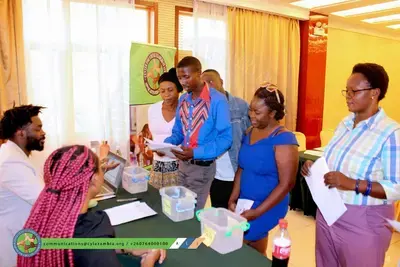
Success Story
Civic and Voter Education Produce Hope for a New Road
It’s a beautiful, sunny morning as Trizza Ndalama from Zomba District, Malawi, finishes packing her legumes to sell at her local market. She notes that for many years she has made little profit on her produce. “I can only sell at the Chingale market nearby, which is not that viable,” Ndalama said. “The big market where I can sell the produce at a reasonable profit is very far from this village and the road is very bad.”
But she is encouraged that things will get better soon. In the lead-up to Malawi’s tripartite elections in May, the Nanzikambe Arts Development Organization, an NDI civil society partner, worked with voters in Zomba district to identify and prioritize a list of issues and development activities. These were drafted into a social contract that candidates signed and pledged to carry out during their term in office. Construction of the road that would aid Ndalama was a top priority, along with construction of a health center, drilling of boreholes and building additional school blocks.
“I am optimistic that in the near future, the Machinga-Chingale-Lirangwe road will be properly constructed and tarred, thereby providing us with easy access to good markets in town that we desperately need,” she said.
Nanzikambe is one of 35 civil society organizations working with NDI on an issue-based civic and voter education program, reaching approximately 575,000 citizens nationwide. The project involved community sensitization meetings on the importance of voting with issues in mind, along with issue identification, meetings between candidates and community representatives, compilation of citizen manifestos and the signing of social contracts.
A farmer from the Chingale area, Elias Phiri, said that because of the awareness campaign “these elections were so different from all the previous elections. This time around we were not voting based on handouts like we used to, but based on people’s potential to be effective leaders judging from their ability to articulate issues during candidate debates and other meetings.”
Another community member, Mathias Mbuzi, said, “We felt so empowered that we could influence development in our areas by getting involved in the political process by outlining our needs, interacting with candidates and electing appropriate leaders.”
The civic and voter education program, in 24 of Malawi’s 28 districts, is supported by the British Department for International Development and the United States Agency for International Development. NDI has been working with local organizations to foster the development of an informed civil society that is able to promote effective citizen participation in the electoral process, especially at the grassroots level.
Read more:
Published Aug. 12, 2014



